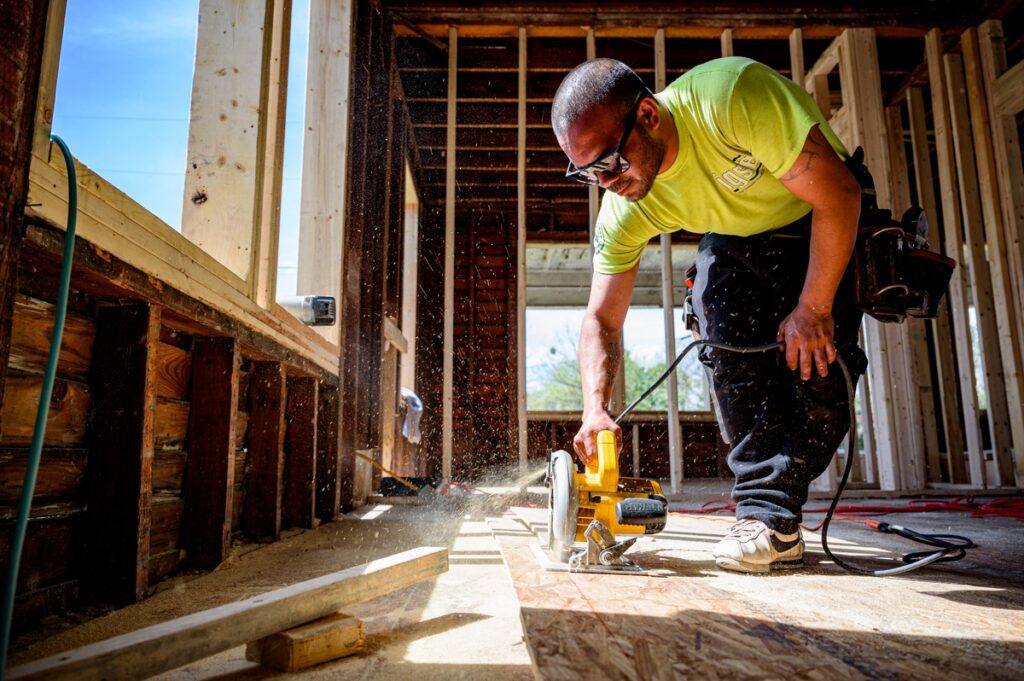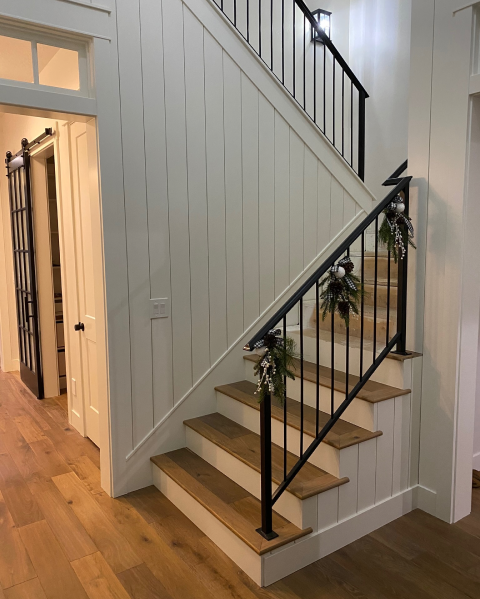The Ultimate Guide to Essential Carpentry Books: From Novice to Master Craftsman
Discover the transformative power of carpentry books that have shaped generations of woodworking excellence, from time-tested classics to modern masterpieces. Understanding the Foundations: Essential Books for Beginners The journey into carpentry begins with establishing a solid foundation of knowledge. For novice woodworkers and aspiring craftsmen, selecting the right introductory texts is crucial for developing proper techniques and understanding fundamental principles. These cornerstone publications serve as invaluable references that will guide you through your initial steps and remain relevant throughout your career. Recent studies show that 78% of successful carpenters credit their foundational knowledge to comprehensive guidebooks. Modern Carpentry 13th Edition: The Definitive Starting Point Priced at £188.95, Modern Carpentry 13th Edition stands as the industry’s most comprehensive introduction to woodworking. This thorough guide covers everything from basic tool handling to advanced construction techniques, making it an essential investment for serious beginners. The latest edition includes updated safety protocols and modern construction methods, reflecting current industry standards. The Pocket Size Carpenter’s Helper: Your On-Site Companion Compact format ideal for job site reference Quick-reference tables and calculations Essential troubleshooting guides Available for £17.05 Updated safety guidelines for 2024 The Home Carpenter & Woodworker’s Repair Manual: Practical Solutions At £22.45, this manual offers exceptional value for DIY enthusiasts and professional carpenters alike. It focuses on practical applications and common repair scenarios, making it an indispensable resource for both residential and commercial projects. Advanced Techniques and Specialized Knowledge As your skills progress, delving into specialized areas of carpentry becomes essential for professional growth. These advanced texts offer detailed insights into specific aspects of the craft, helping you develop expertise in particular areas. Industry statistics indicate that carpenters with specialized knowledge earn 35% more than their generalist counterparts. Taunton’s Complete Illustrated Guide To Finishing Comprehensive coverage of wood finishing techniques Detailed illustrations and step-by-step instructions Professional-grade finishing methods Market value: £25.15 Industry-standard reference guide Full Length Roof Framer: Mastering Complex Structures This specialized guide, priced at £22.45, focuses exclusively on roof framing techniques. It includes advanced calculations, complex angle determinations, and practical applications for various roof styles common in British architecture. Carpenter’s Calculations Manual: Precision in Practice Available for £30.60, this manual is essential for mastering the mathematical aspects of carpentry. It includes British standard measurements and calculations specific to UK building regulations. Project-Specific Resources for Professional Development Specialized project guides are crucial for developing expertise in specific areas of carpentry. These resources provide detailed instructions and professional insights for executing complex projects with precision. Build Your Own Kitchen Cabinets: Custom Cabinetry Mastery Detailed cabinet construction techniques Material selection guides Installation best practices Cost-effective production methods Priced at £22.49 The Timber-Frame Home: Traditional Techniques At £31.45, this comprehensive guide explores traditional British timber framing methods, combining historical techniques with modern applications. It’s particularly relevant for restoration projects and period properties in the UK. Japanese Joinery: Ancient Wisdom for Modern Craftsmen This unique resource bridges Eastern and Western woodworking traditions, offering innovative joinery solutions that can elevate your craftsmanship to new heights. Business and Professional Resources Success in carpentry extends beyond technical skills. Understanding the business aspects and professional standards is crucial for career advancement. Recent market research shows that 65% of successful carpentry businesses attribute their growth to strong business knowledge. Study Guide for Commercial Carpentry Current UK building regulations and standards Project management fundamentals Commercial contract requirements Health and safety compliance Investment: £219.99 Study Guide for Residential Carpentry and Repair Priced at £209.99, this comprehensive guide focuses on residential projects, including current UK housing standards and local building regulations. Finish Carpenter’s Manual: Professional Standards Available for £36.99, this manual sets the benchmark for professional finishing work, essential for high-end residential and commercial projects. Building Your Carpentry Library: Investment in Excellence Creating a well-rounded carpentry library requires strategic planning and investment. Consider your specialization, current skill level, and career goals when selecting resources. Essential vs. Nice-to-Have Resources Core reference books for daily use Specialized guides for specific projects Business and professional development resources Technical manuals and calculation guides Project-specific inspiration books Digital vs. Physical Books: Making the Right Choice While digital resources offer convenience and searchability, physical books remain invaluable for detailed illustrations and on-site reference. Studies show that 82% of professional carpenters prefer a combination of both formats. Staying Updated with Modern Publications The carpentry industry evolves continuously, with new techniques, materials, and regulations emerging regularly. Staying current through updated publications is crucial for maintaining professional excellence. Conclusion: Your Path to Mastery Through Knowledge Investing in quality carpentry books is an investment in your craft and career. Whether you’re a novice starting your journey or a seasoned professional seeking to expand your expertise, carefully selected resources will support your growth and success in the field. Begin building your library today, focusing on the areas most relevant to your current projects and future aspirations. FAQ Is carpenter a high paying job? For example, carpenters in California, New York, and Massachusetts report the highest earnings due to higher costs of living and unionized construction sectors. In contrast, South Carolina and Texas typically offer lower average pay, reflecting local demand and housing prices. Is carpentry a skill or talent? Carpentry is considered to be a skill. Similarly, Singing is considered to be a talent. What is the average age of a carpenter? Aging Workforce and Skills Gap The average age of carpenters in the U.S. is 42 years, and many are approaching retirement, contributing to a growing skills gap in the industry. Is carpentry a lot of math? Carpenters must utilize a range of mathematical skills to perform tasks such as measuring, calculating angles, and estimating material needs for various projects. Sources [1] https://www.buildersbook.com/trades-topics/carpentry.html [2] https://www.goodreads.com/shelf/show/carpentry [3] https://www.athomeprep.com/product-category/carpentry/










